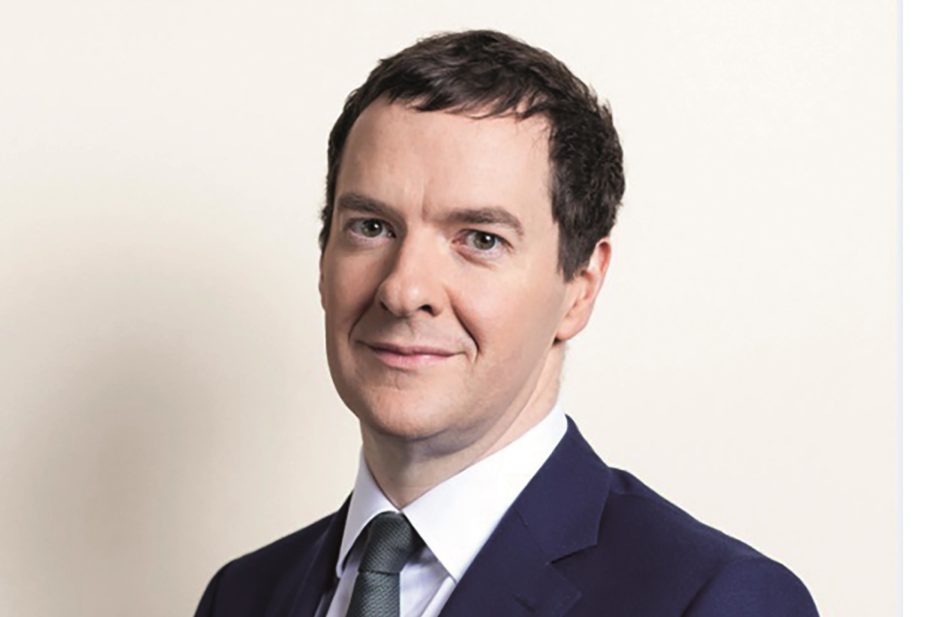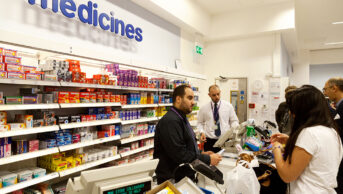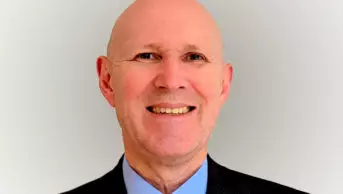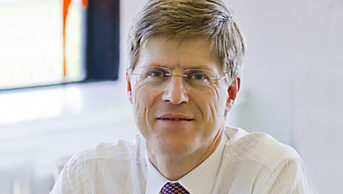
HM Treasury
Front-line NHS services in England are to get a £3.8bn increase in the next financial year, chancellor George Osborne announced on 24 November 2015, the eve of the government’s spending review.
The money — described by health secretary Jeremy Hunt as an “upfront investment” — is a share of the £8.4bn that the government has already promised it will invest in the NHS by 2021.
It means that in 2016–2017 the NHS budget in England will rise to £106.5bn — the equivalent of a 3.7% rise once inflation is taken into account.
The details emerged six weeks after NHS trusts warned that they faced a £2bn deficit by the end of March 2016 and follows lobbying by NHS England’s chief executive Simon Stevens for money to deliver his ‘Five year forward view’.
“This settlement is a clear and highly welcome acceptance of our argument for frontloaded NHS investment,” says Stevens. “It will help stabilise current pressures on hospitals, GPs, and mental health services, and kick-start the fundamental redesign of care in the NHS ‘Five year forward view’. In the context of constraints on overall public spending, our case for the NHS has been heard and actively supported.”
Hunt says the investment will help deliver the government’s plans to bring in a seven-day-a-week NHS: “This new money will help us finish the job.”
The Treasury confirmed that the money is part of the £8.4bn already promised for the NHS in England and will help fund the ‘Five year forward view’. “The new element is that we have decided to front-load it in the early years,” a spokesperson says.


